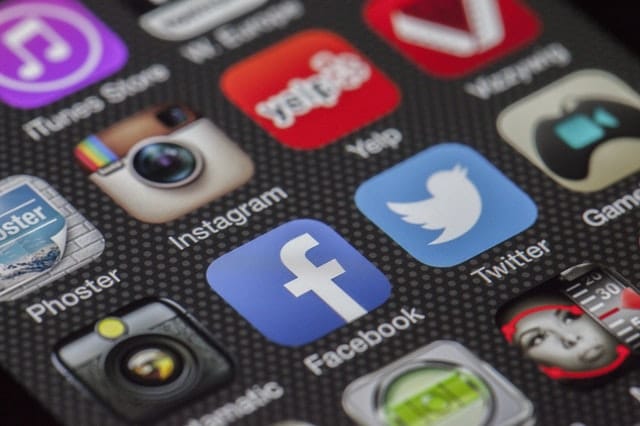Dealing with Social Media Trolls in the Health Care Industry
Anybody with a social media presence must occasionally deal with the problem of so-called “trolls.” For as long as the internet has existed, there have been people who thrive on starting arguments and posting inflammatory messages in an effort to provoke others, often with no motive other than their own amusement. With misinformation and “fake news” at an all-time high, dealing with these issues is more important than ever.
Industry Responses to Trolling

The health care industry is especially cognizant of presenting accurate information. Social media trolls aren’t just a nuisance; they can create genuine problems for patients who take their posts to heart. An online medical marketing magazine reached out to readers for suggestions on dealing with trolls. Ideas from health care marketing firms and patient advocacy groups poured in; we’ve aggregated some of the best practices and tips below.
- “I take them for what they are — people needing attention. That’s it. I let them live their life and I laugh a little bit when I read some of their nonsense and lunacy. If I don’t like what they say I keep scrolling and realize that my life doesn’t stop because of one crazy thing someone said once online.”
- “Social media can be used as a tool or weapon, depends on the brand or person welding it. Too often brands, react emotionally versus understanding that not every single person will agree with you. By staying open-minded, your brand will encourage sharing versus an un-engaged audience.”
- “We’re always curious about culture, and trolls bring to light different and diverse perspectives we otherwise might not have considered. So it’s a learning opportunity, at the end of the day!”
- “We are launching a 24/7 social media community management offering staffed by our health educators which are made up of nurses, pharmacists, and other health care professionals in order to tackle this problem head on.”
- “The first step is to assess whether the account is a troll (someone dedicated to disparaging others) or a detractor. We also evaluate the influence of the person commenting, and the number of followers doesn’t always give the full picture.”
- “Hard as it might be, we find if you don’t feed the trolls they usually move onto another topic. If it’s someone who isn’t a troll but has a critical, yet valid, question, we work to potentially address that concern.”
- “Remember the words of Taylor Swift said; ‘Haters gonna hate!’ Jokes apart, best way to deal with a troll – don’t fuel them, respond with facts objectively. don’t let them make you angry or emotional.”
- “My response depends on circumstances. If comments are clearly abusive & personal attacks, I usually block & move on. If they’re the result of miseducation, I respond w/facts & may try 2 engage. If directed at a community member, we have a problem. I protect my people.”
- “It’s a chance to educate, realize your strength, and then give more power and energy to people who are willing to be kind and caring. For every troll, there are 100 better interactions.”
- “Trolls have agendas. One of them being to shift your focus away from your mission in Patient Advocacy. Don’t give them the power by responding.”
- “Happens a lot with me…. but I just ignore it… I know that isn’t as easy as it sound for some.. but I realize if someone has taken time out of their day to troll, then they don’t deserve the time it takes for me to worry about it… I’m living my life and working on myself, for me not anyone else.”
- “I ignore it more now than interact. If it becomes a problem, I hide or delete the comments.”
- “Trolls want a response, don’t give them it.”
- “Block and ban, I don’t have energy for that, and neither do my followers.”
- “This is my specialty. Using the hide/block/remove button without acknowledging them is the most effective course of action in my experience.”